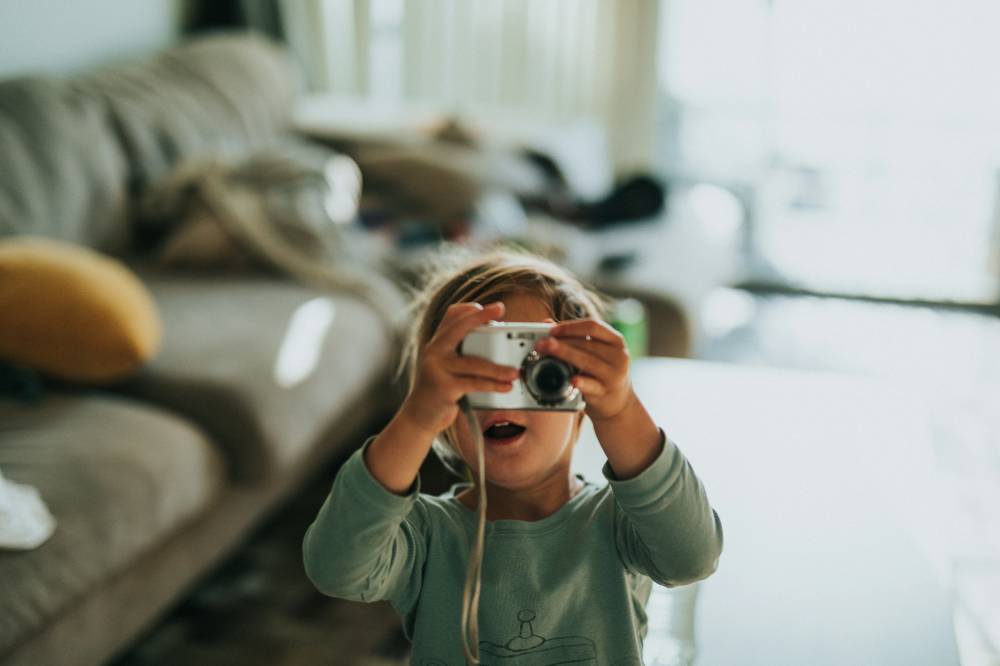Who protects children in the age of content?

Picture this: a content creator with humble beginnings starts out with a bare background and a modest setup. Despite this, their content finds an audience, and their following grows to the millions. Today, they record their videos in their newly bought mansion, and they’ve effectively set their family up for life.
It’s a rags-to-riches story that would normally be celebrated anywhere else. But what if it were a kid, or better yet, a “kidfluencer,” who was behind (rather, in front of the camera for) all this? Who was actually earning this much?
Between monetization for social media videos and posts, and higher payouts through ad revenue and sponsorships, content creators now have the potential to earn life-changing money. And anyone can be a content creator. All they need is a camera or smartphone, content that goes viral, and a loyal following.
But in light of this, how can we protect children who are earning enough to retire compared to most working adults? In an era where kidfluencers can very well be the breadwinners of their families, it begs the question: Is this a brand-new form of child labor?
Everything is content, even their childhood
Honing in on an instance of traditional child labor can be difficult in the content era. They wouldn’t even have to work the long hours that would’ve been considered illegal in years prior—all it would take was the right post, and the stroke of luck of virality to turn a few minutes in front of the camera into a considerable payout.
And even if they were—traditional child laws, such as RA. 9231, which amends RA. 7610 or the “Special Protection of Children Against Child Abuse, Exploitation and Discrimination Act,” allows children under the age of 15 to work up to a maximum of 20 hours a week. Who will enforce this when they’re just recording at home with their parents? How would they know that they’re being exploited? And what if they’re just as willing to do said content in the first place?
Excluding cut-and-dry violations, such as when Tiffany Smith subjected a collective of kidfluencers to emotional, physical, and sexual abuse, the line separating their personal and professional lives, and the standards they should be subjected to, remains to be blurred.
When a Twitch streamer livestreams her giving birth to her daughter in front of thousands of viewers, what entitles this child to a portion of the revenue she gained from that stream? Better yet, should platforms even allow personal moments such as this to be streamed on their site?
When a Filipina content creator “accidentally” drops their baby on the ground and posts it for their followers to see, where is consent in this equation?
When the children of the Kids Diana Show on YouTube have earned their parents millions of dollars, what entitles them to a portion of the profits when they reach legal age?
Child labor in the age of content
Traditional labor laws may not always apply in a digital content landscape where conventional working practices aren’t always so commonplace. The right adjustment has to be made to account for new behaviors that our current laws won’t always be able to monitor and regulate.
Marissa Edmund, state policy lead at the Family Online Safety Institute (FOSI), explains that Illinois became the first US state to pass a labor law specific to child influencers. Inside Illinois Senate Bill 1782, vlogging is defined and established as a formal line of work, and parents are required to note how many times their child is featured in a piece of media. The law also includes a provision requiring parents to establish a trust fund account containing a portion of revenue received from any content featuring the child.
Currently, while RA. 9231 contains similar provisions—including the requirement of a child’s explicit consent before employment, and the creation of a trust fund containing a portion of the child’s earnings—these mainly refer to traditional forms of employment and do not take into account situations specific to kidfluencers. However, according to the Philippine Information Agency, the Department of Labor and Employment (DOLE) is considering expanding RA. 9231 to include minors in the online content industry.
From 2021 to 2024, the Department of Social Welfare and Development (DSWD) has assisted over 12,000 children through the Strategic Helpdesks for Information, Education, Livelihood, and Other Developmental Interventions (SHIELD) program. With this initiative, they’ve given educational assistance, cash aid, and sustainable livelihood opportunities to the families of working children.
A kidfluencer who can safely and comfortably record at home undoubtedly has it easier than the child laborer who has to work to make ends meet. But a child deserves the right to be a child regardless of their situation, and it is our responsibility to protect that right.

















